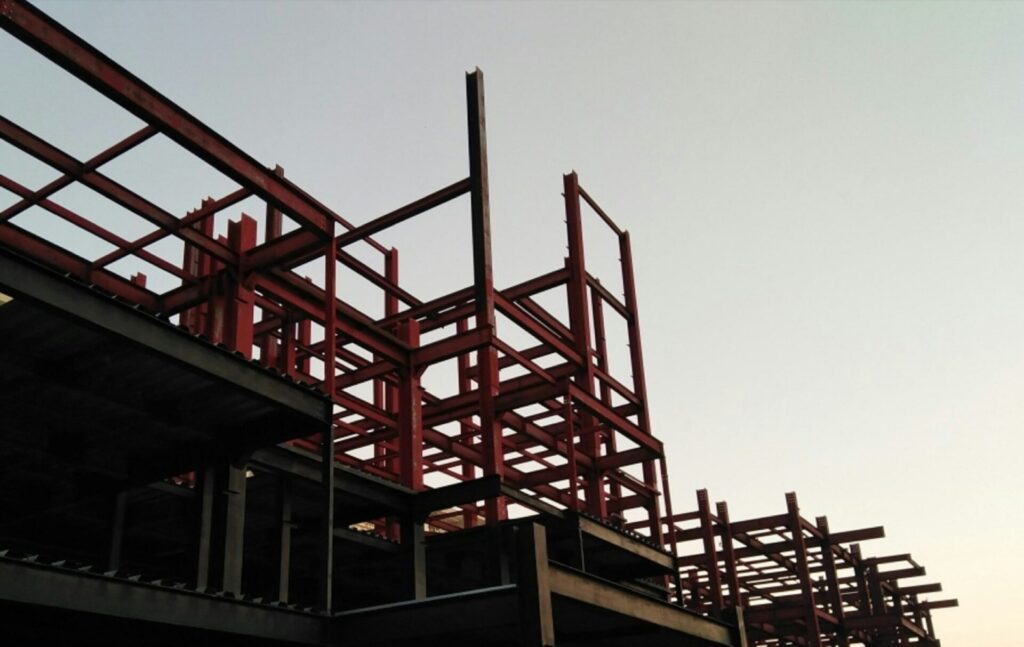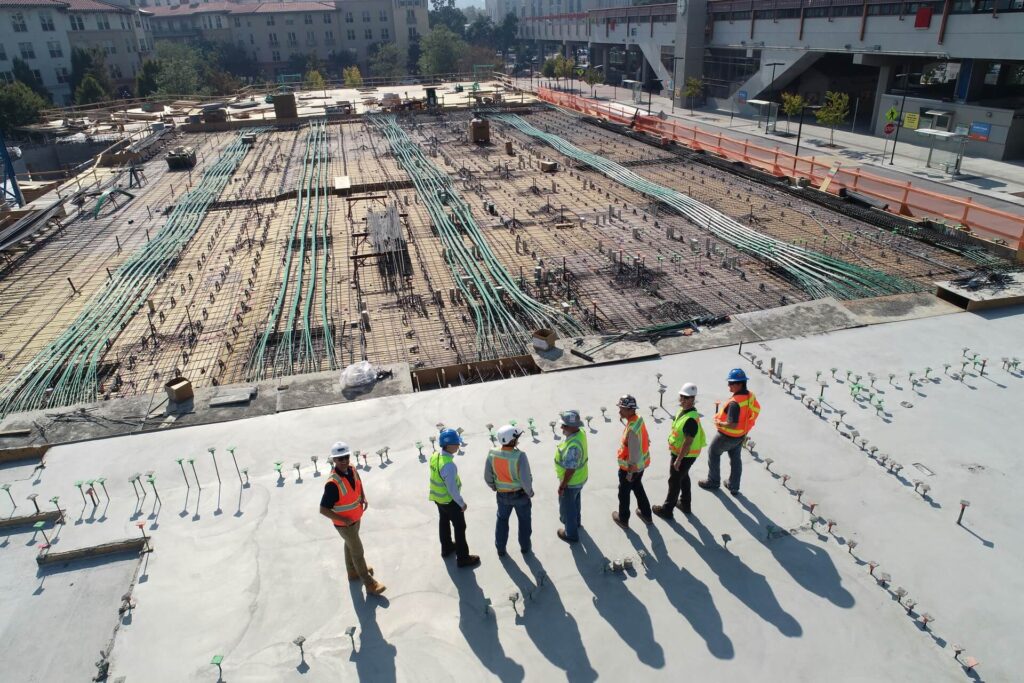
We are reader-supported. When you buy through links on our site, we may earn an affiliate commission.
No matter what kind of construction you do, you need to know how to write a strong construction contract if you want to protect your business and clarify the terms of your work with a client. The contract typically lays out the necessary work, how much it will cost and how long the entire process should take.
Many states also require a contract before any construction can begin — meaning it’s sometimes essential, no matter how large or small your company is. This is how you can write a construction contract — the essential elements, the optional provisions and common pitfalls to avoid.
The Essential Elements of a Construction Contract
To begin, this article is not legal advice. If the boilerplate approach doesn’t work for your specific project, it’s a good idea to seek legal counsel. They can help you draft a contract that fits you and your client’s needs.
Most construction contracts have a few key elements. They need to identify the parties that the deal is between. Typically, this includes the owner, who hires the general contractor to complete construction, and the general contractor themselves. The contract should also include the general contractor’s license number and insurance information.
The contract needs to define where the work will happen, typically with an address. It should also provide a detailed description of the work’s scope. Contractors will attach project plans, blueprints or specifications to the agreement to make this description clearer in many cases. All involved parties should establish a schedule for the project — when each element will begin and when the crew will finish them. So should terms of payment, including the estimated total cost of the work and how to structure payment.
Some contracts break the cost down into itemized expenses, and other times present them in lump sum form.
Next, a construction contract will usually include a general conditions document that establishes each party’s rights and responsibilities.
Depending on the owner you’re working with, you may need a bill of quantities (BQ) that establishes the techniques and materials you’ll use to complete the project. The BQ will be an itemized list of any material and labor costs.
Extra Considerations for Your Contract
If you plan on hiring subcontractors to help you with the work, you should specify this in the contract.
Other common contract elements include provisions regarding insurance, contract termination and force majeure events, which are unavoidable circumstances that prevent construction from going forward. Some contracts may also include information on safety instructions.
For certain jobs, you may also want to include a special conditions document to serve as an addendum to your general conditions section. This portion can detail any part of the job where the contract needs modification. For example, if a certain activity requires different safety standards or construction techniques, you may note that in this section.
Some states will also require that you include a dispute resolution section covering how you and the owner will handle conflicts if they arise.
How to Write a Construction Contract
A solid construction contract can save a business of any size time and money by clarifying a project’s scope and reducing the chance of miscommunications. Your construction contract should always have a few key elements — like the parties involved, specifications about the project, a timeline and cost. Other sections can further protect your business or provide a little extra clarity — for example, how to handle work stoppages in the event of unforeseeable circumstances that put the project on hold.
Once you cover all these bases in your contract, you can move forward on your project with confidence.







